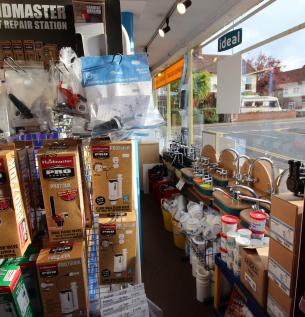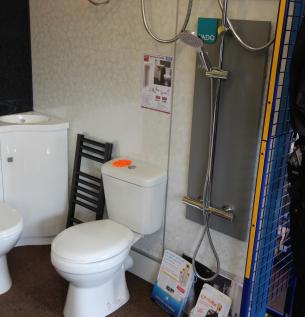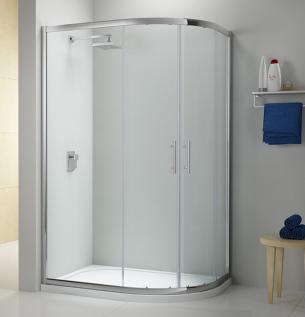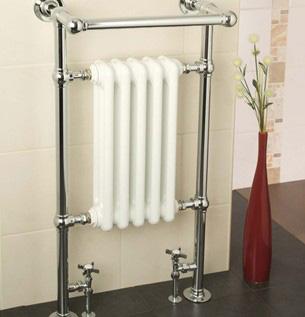Have you noticed a change when it comes to warming your home? Air bubble trapped in your central heating system could be the issue!
According to a recent study, 84% from the UK homes have gas central heating, and radiator maintenance is an essential process that should be carried out whenever necessary.
When water enters your central heating system, so does a certain amount of air. In other words, depending on the amount of water that you use each day and whether you live in a small or large home, the radiators will need to be bled accordingly.
Because air is lighter than water, it will rise to the highest point possible and usually, the upper floor radiators will have to be bled before the ones located on the ground floor.
Keeping your radiators free from air bubbles, will ensure a constant temperature in your household and at the same time an optimal performance from your central heating system.
How to bleed a radiator?
- Step one: Prepare your tools. Check the kitchen for a dry cloth and a bowl to collect the water. The most important tool you need is a radiator key, which can easily be found at most plumbing shops.
- Step two: Turn your central heating off, otherwise there is a risk of boiling water spraying from the radiator when you are trying to carry out the bleeding.
- Step three: Locate the square bleed screw at the top or the down corner of your radiator and place your bowl underneath it.
- Step four: Use the radiator key and place is over the square bleed screw. Cover it with the dry cloth and turn the screw clockwise for approximately half a turn. As the air bubbles release, you will hear a hissing sound, you should then hold the cloth close to avoid water dripping on to the radiator.
- Step five: Once the hissing sound stops and the water start pouring steadily, tighten the screw back, but be careful not to over-tighten it and damage the valve. Make sure you wipe off any water that may have fallen on the radiator as it could potentially cause rust.
- Step six: Turn on your central heating system and check the boiler pressure to make sure it's at the optimal level. If it's not, use the tap or lever on the main water supply to fill the water loop from your boiler. Finally, make sure that all your radiators are heating evenly. If the issue persists, even after a second bleeding, contact your heating engineer!
Would you like to know more? Contact Norfolk Discount Plumbing today!
At Norfolk Discount Plumbing & Heating we provide expert advice and support when it comes to your household's plumbing work. If you'd like to learn more about the importance of bleeding your radiators, please don't hesitate to get in touch with us today on 01603 431 549 or send us an email at igentndpe@googlemail.com and we will be here to discuss your requirements.





